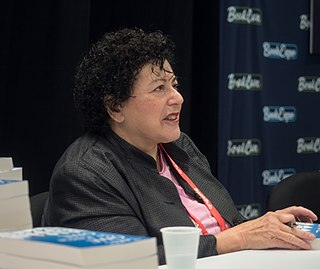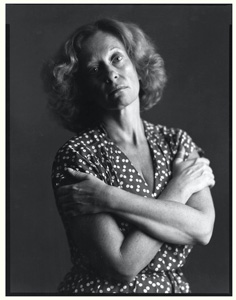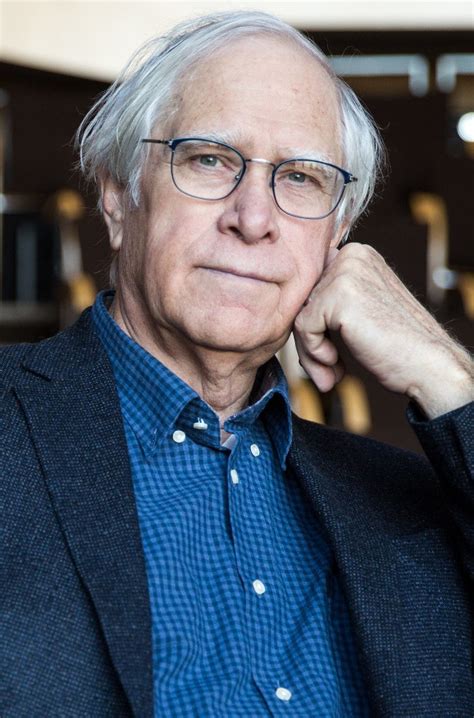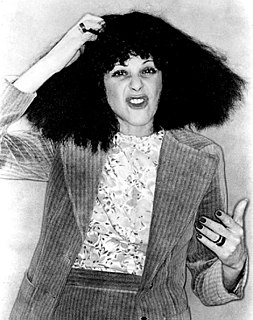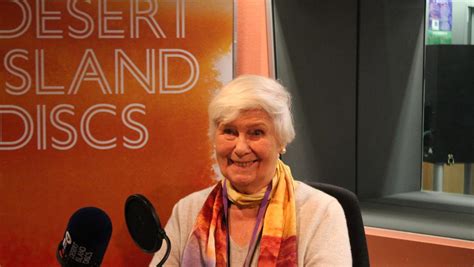A Quote by Susan Isaacs
For a novelist, no matter what, it's a complete work, even if it's not published. But if you write a screenplay, and it's not performed, then it's a sad and frustrating experience.
Related Quotes
No matter what difficulty you are facing, it is coming from Divine Light to bring you to a higher place within. Write down every conceivable reason that this situation can contribute towards your growth. Write down every way this experience can possibly set the stage for serving to uplift others. When you are complete, and have come to the other side of this experience, you will then know 'why' it happened.
When you're watching yourself work, you're not really an audience member for yourself. Even being confronted by your own image can be jarring sometimes. The experience of making a movie or a television show is this really full one, and sometimes you see it and even if it's a great piece of work, it's not the experience - i t's almost sad because it reminds you of something that isn't anymore.
What do prisoners do? Write, of course; even if they have to use blood as ink, as the Marquis de Sade did. The reasons they write, the exquisitely frustrating restrictions of their autonomy and the fact that no one listens to their cries, are all the reasons that mentally ill people, and even many normal people write. We write to escape our prisons.
